When you retire, you’ve learned a lot about all sorts of things, helping you avoid some of the mistakes you made earlier in life. However, you may still be susceptible to financial missteps specifically related to your retirement years. How can you dodge these errors?
Consider these suggestions:
- Manage your withdrawal rate carefully. You will likely need to tap into your retirement accounts – your IRA and 401(k) or similar employer-sponsored plan. But you should establish an annual withdrawal rate that’s appropriate for your situation. By withdrawing too much each year, especially in the early years of your retirement, you risk outliving your resources. You may want to consult with a financial professional to determine the withdrawal amount that’s right for you. (Keep in mind, though, that once you turn 72, you will be required to take out at least a certain amount each year – based on your age and account balance – from your traditional IRA and 401(k) or similar plan.)
- Don’t underestimate health care costs. Once you turn 65, you will be eligible for Medicare, but you may still need a Medicare supplement plan and will probably also incur other expenses. In fact, A healthy 65-year-old couple who retired in 2019 will need nearly $390,000 over their remaining years just to pay for health care, according to HealthView Services, which produces health-care cost projection software. Other estimates show different amounts, but they all amount to hundreds of thousands of dollars. So, when calculating your expenses during your retirement years, reserve a big space for health care.
- Don’t take Social Security too early.You can start receiving monthly Social Security checks when you reach age 62, but your payments will generally be significantly larger if you wait until your “full” retirement age, which will probably be between 66 and 67. (The size of your payments will “max out” at age 70.) Of course, if you need the money at 62, you may have to take it, but if you believe you have longevity working in your favor, and you can afford to wait, you may be better off by delaying Social Security as long as possible.)
- Don’t invest too conservatively. Once you’re retired, you might think that you should take as few chances as possible with your investments – after all, you simply have less time for them to bounce back from a downturn than you did during your working years. Nonetheless, it's important to own a reasonable percentage of growth-oriented investments to help keep you ahead of inflation. Even at a low rate, which we’ve experience recently, inflation can erode your purchasing power over time.
- Don’t be more generous than you can afford. If you have grown children who need financial help, or grandchildren heading to college someday, you’d no doubt like to do whatever you can to provide assistance. However, the hard truth is they simply have more time than you do to find workable financial solutions, whereas if you deplete your funds through your generosity, you could put yourself in a precarious position. So, be as giving as you can afford – but don’t go beyond that. By preserving your financial independence, you’ll end up benefiting your family, as well.
Retirement can be a wonderful time of your life – and you may enjoy it more by doing what you can to avoid costly financial mistakes.
This article was written by Edward Jones for use by your local Edward Jones Financial Advisor. Edward Jones, Member SIPC

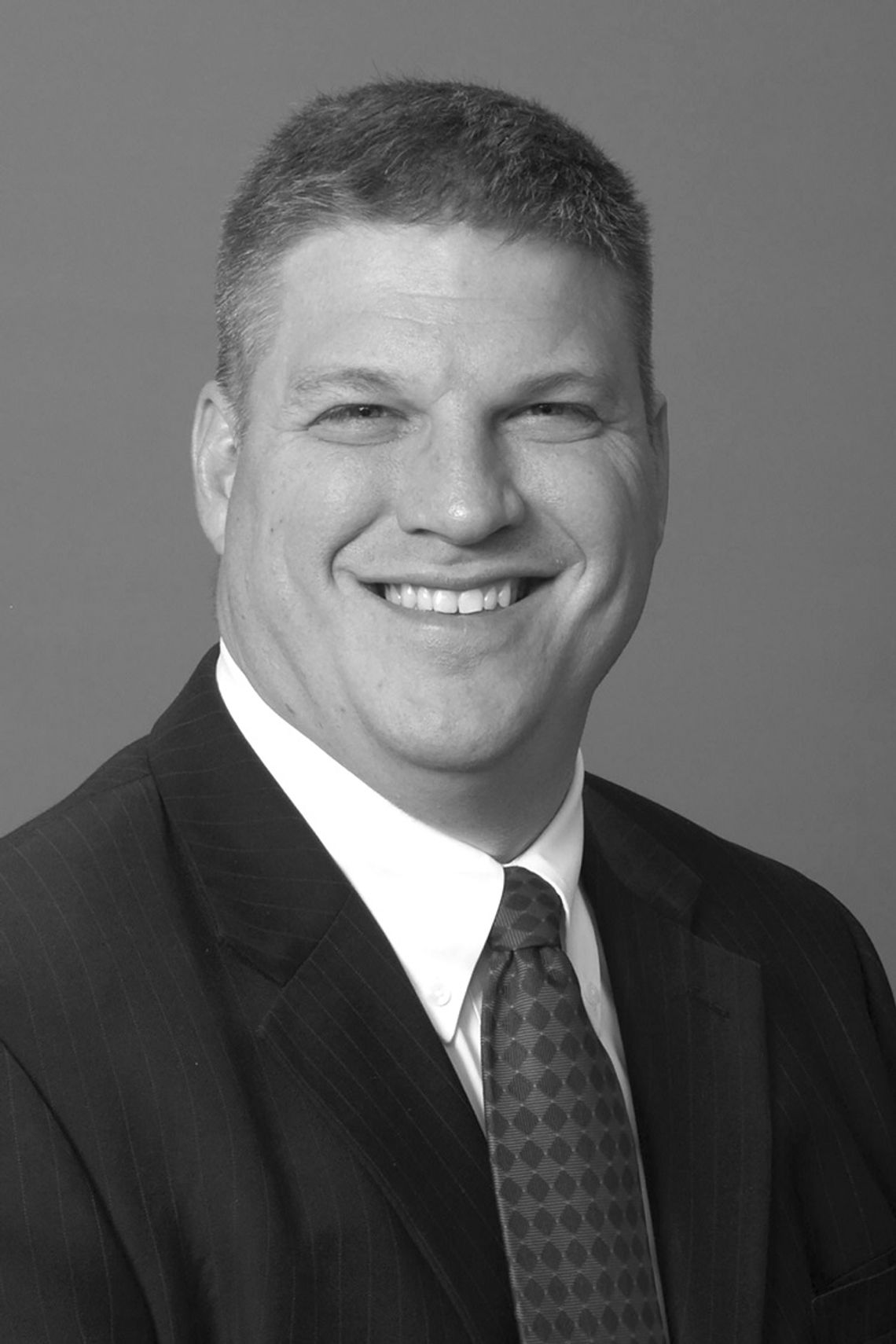


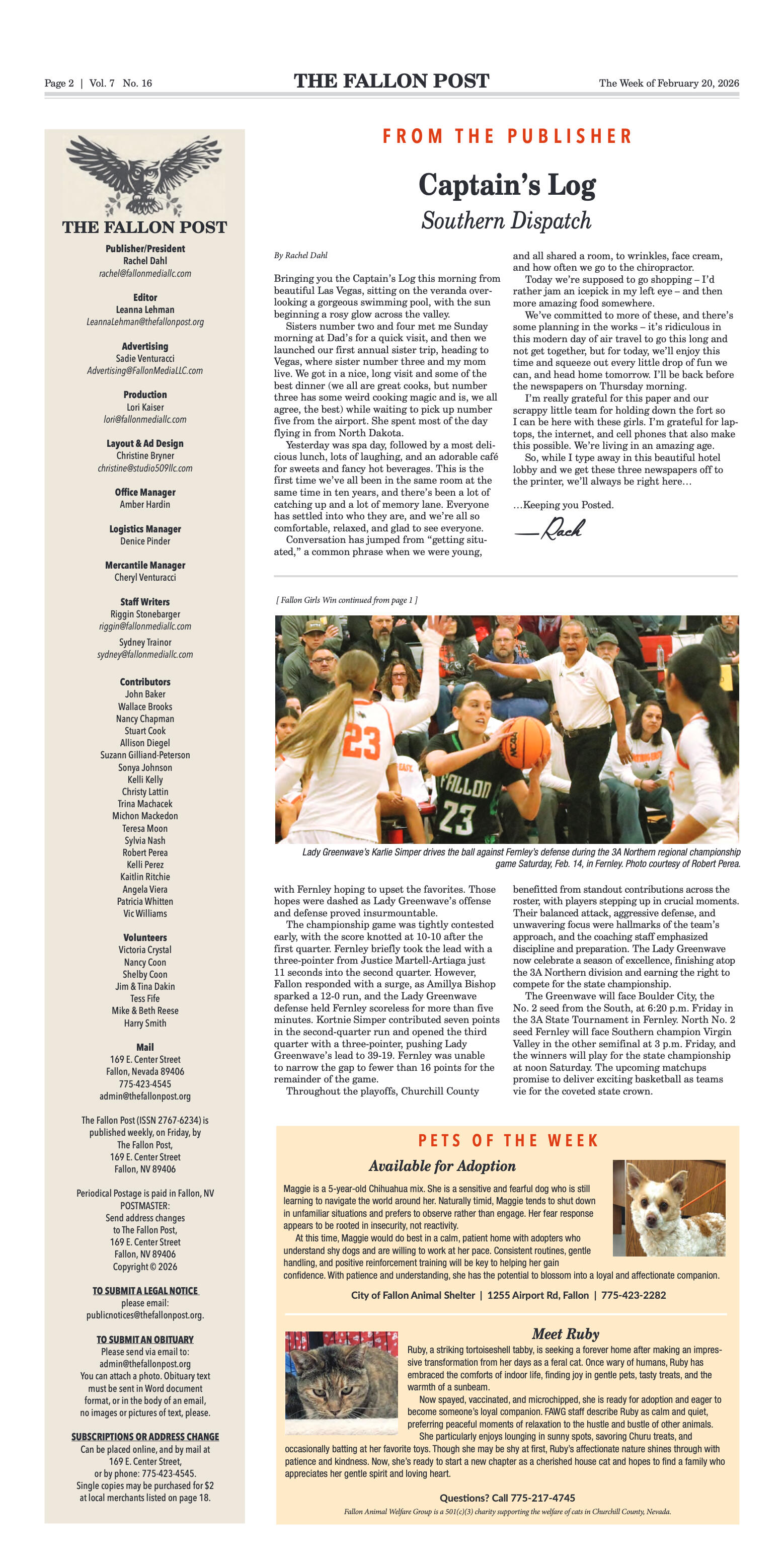

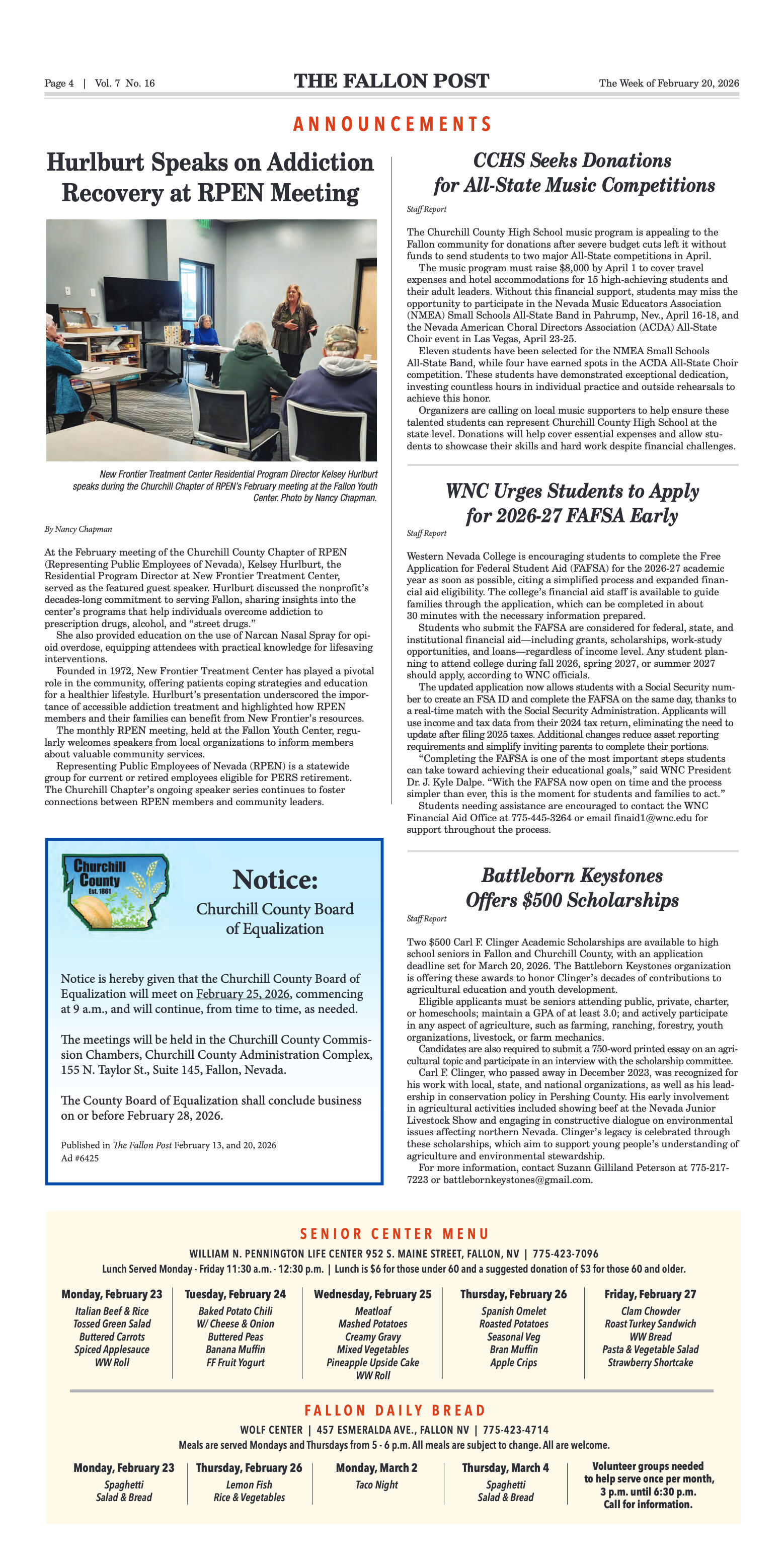
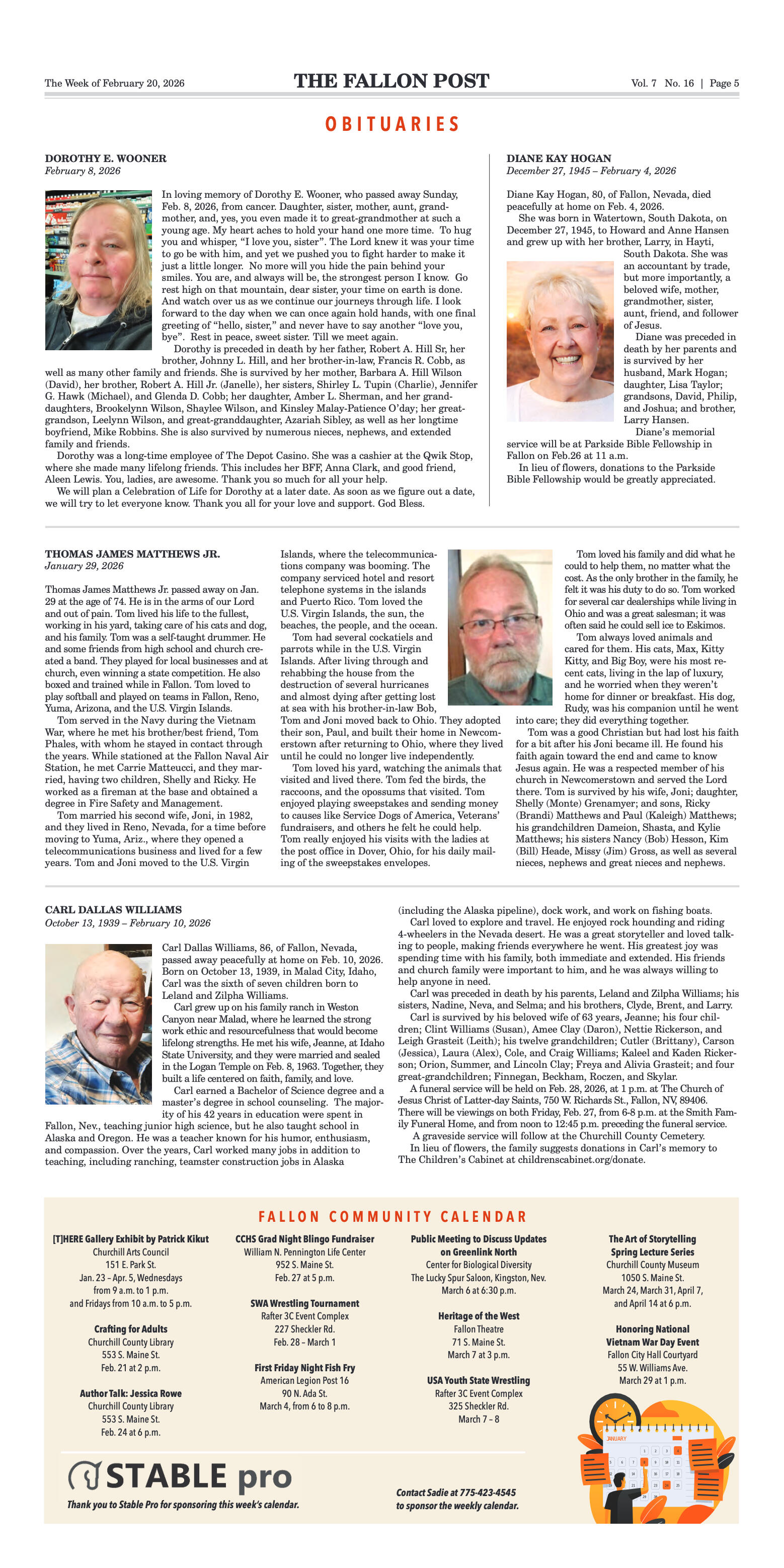
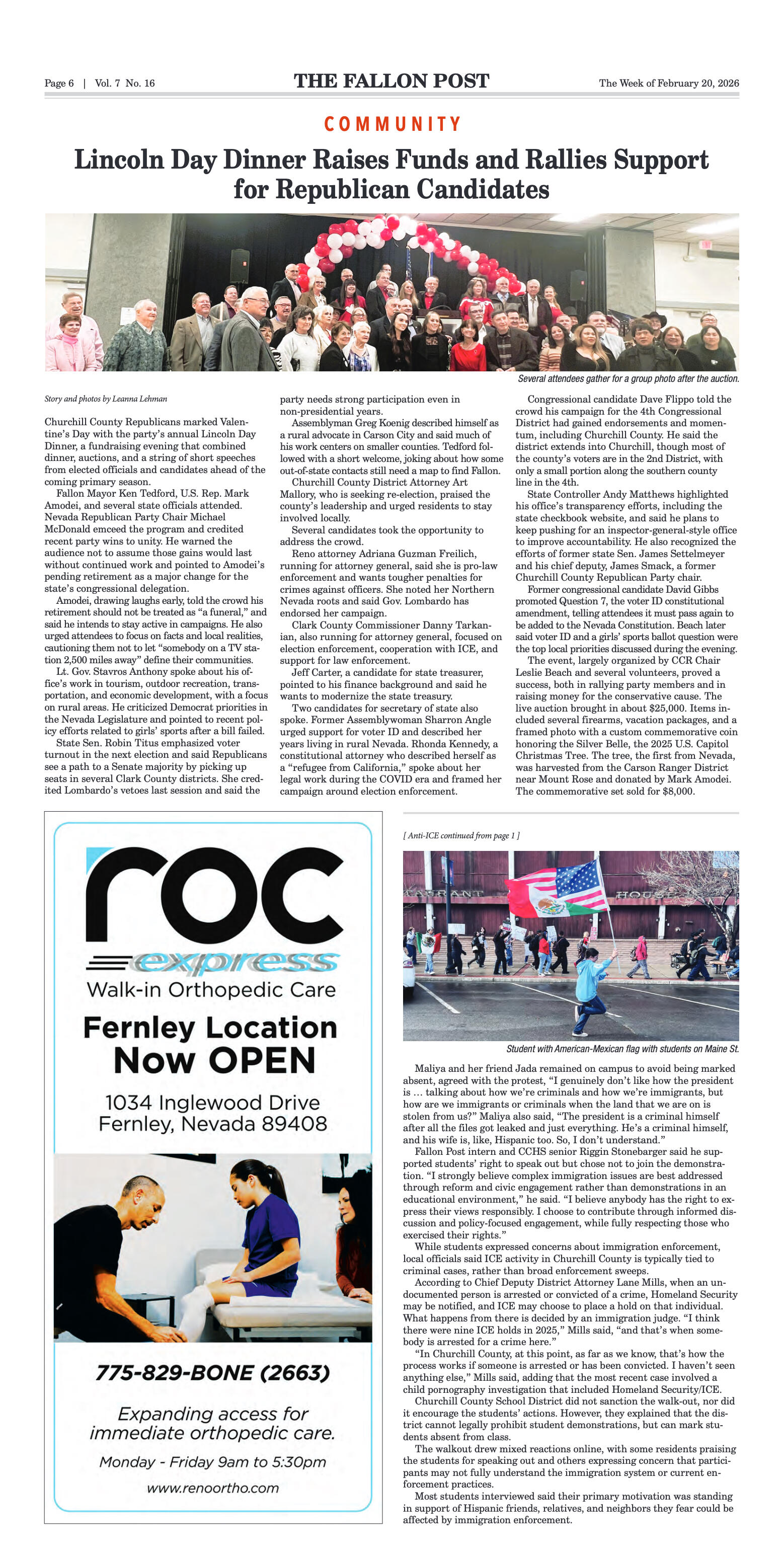


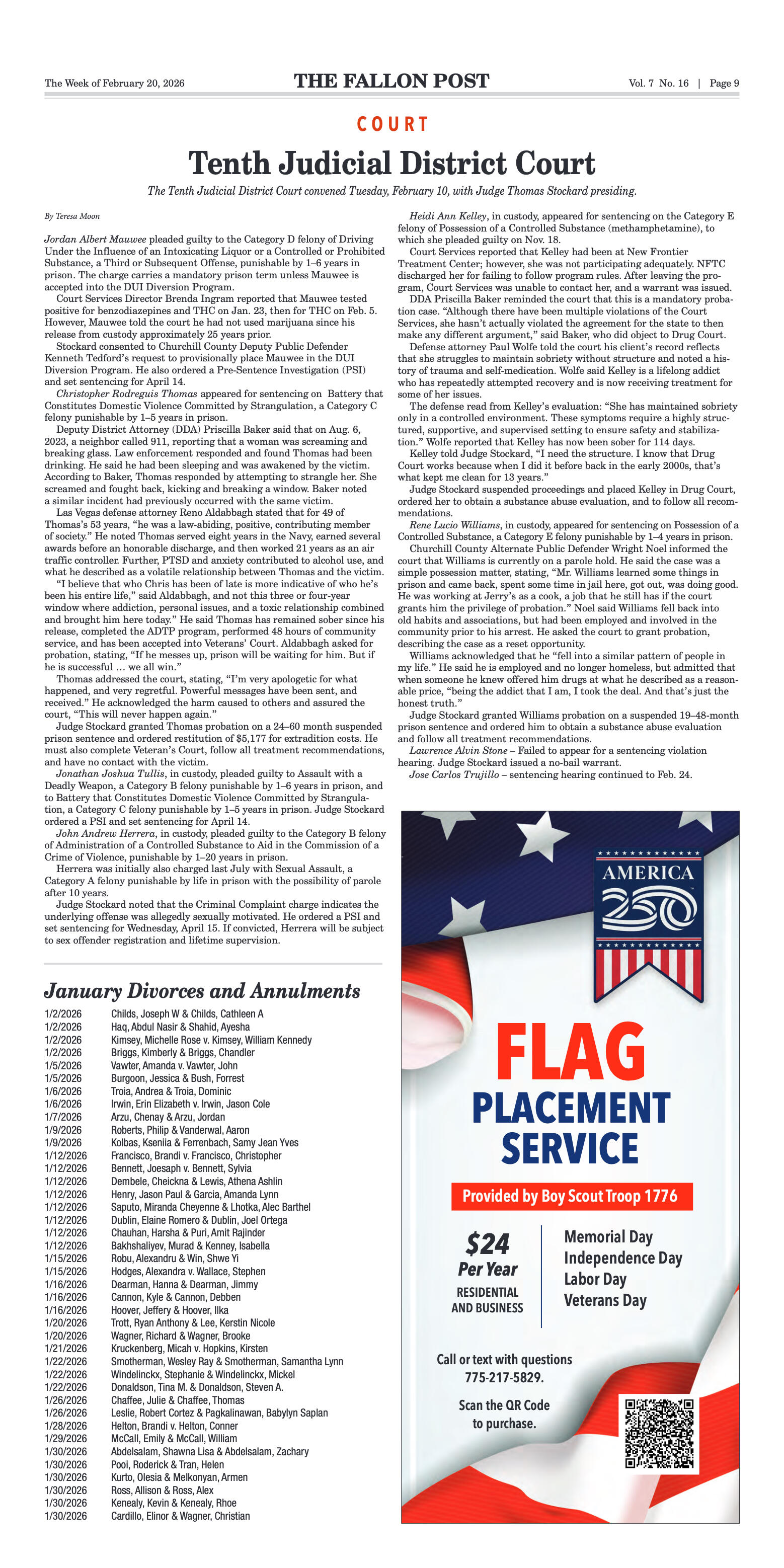
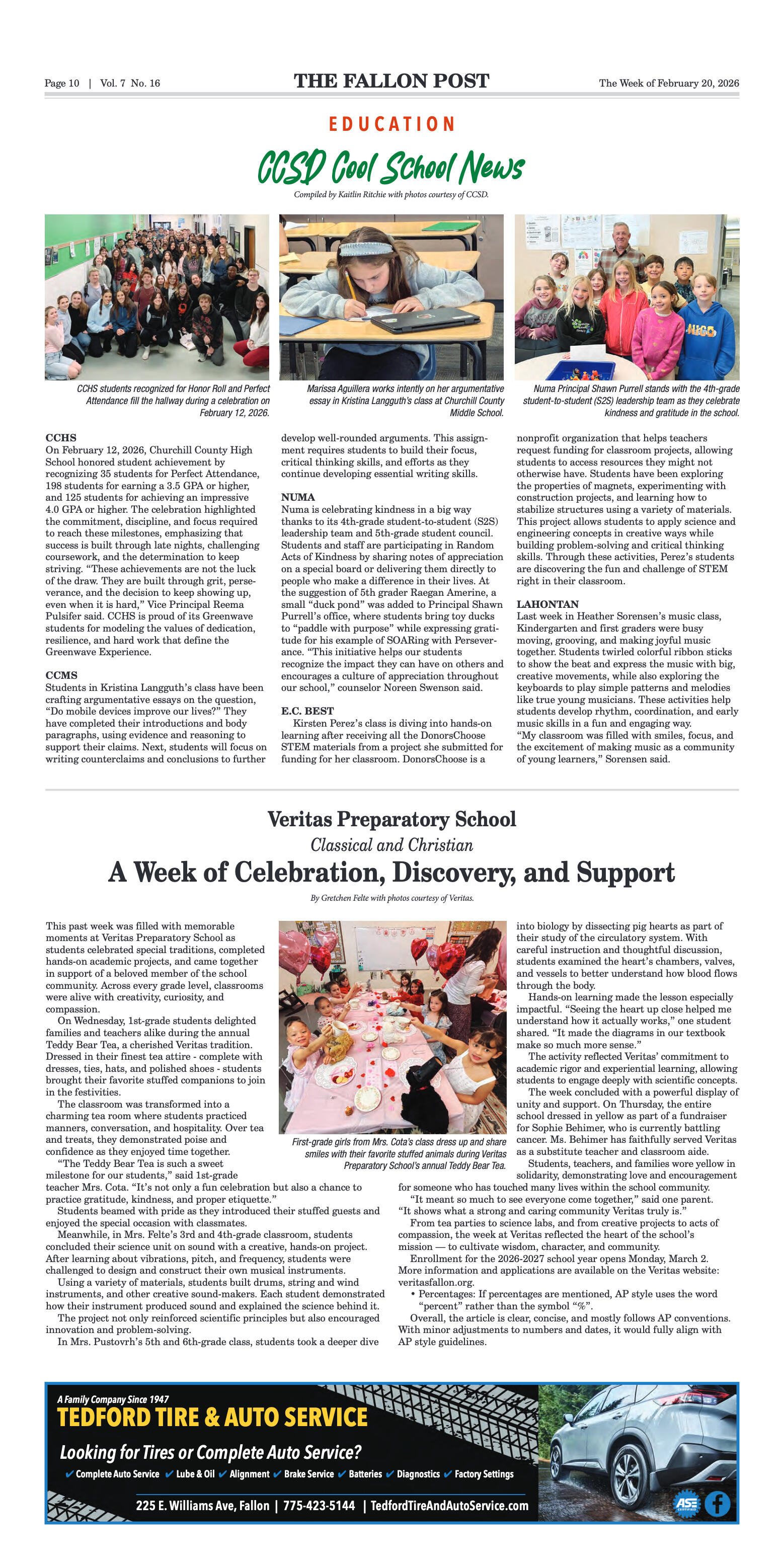





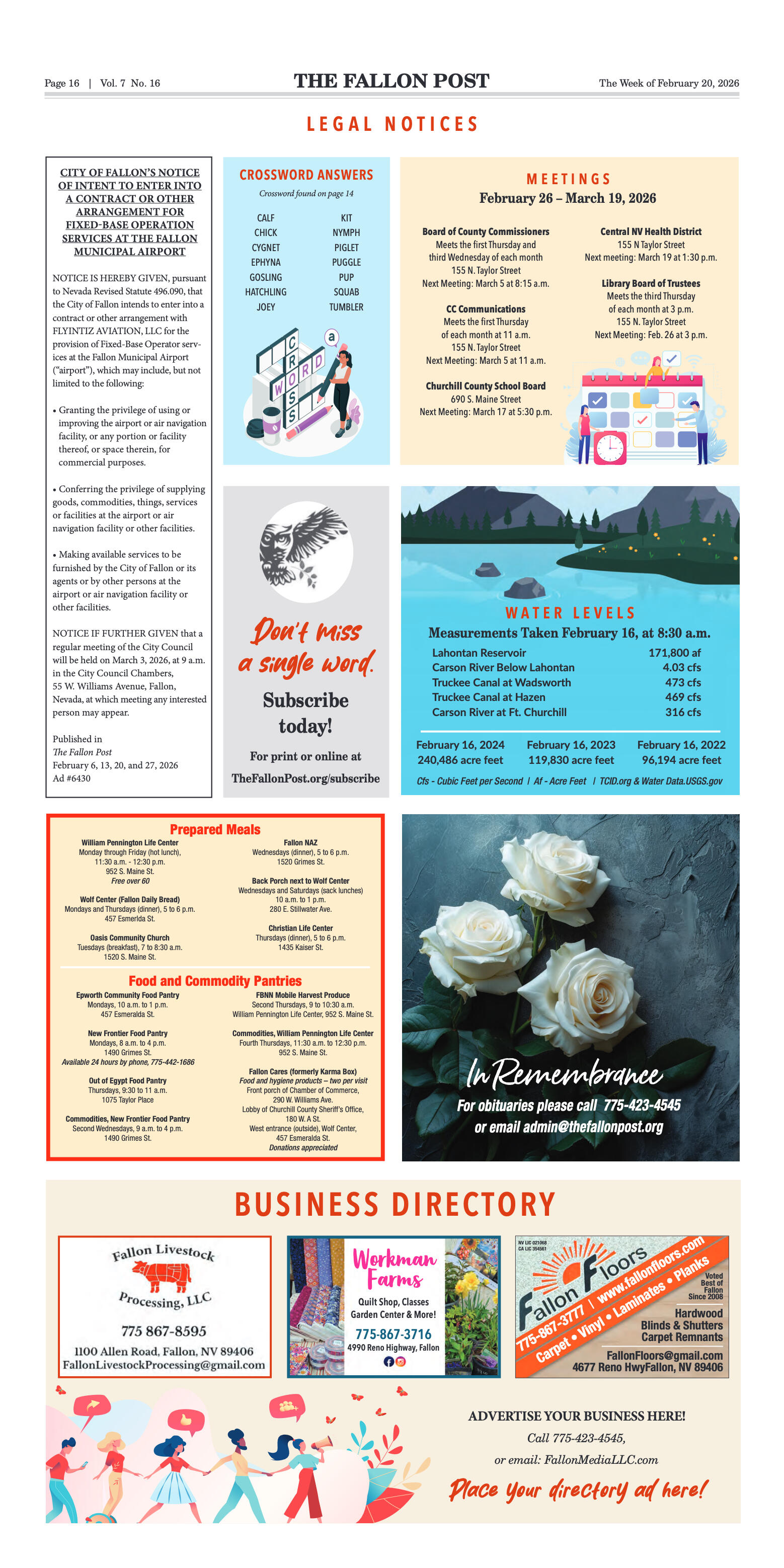


























Comment
Comments